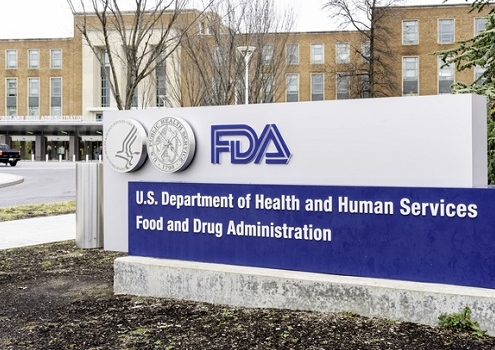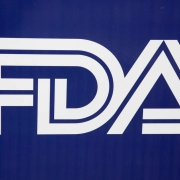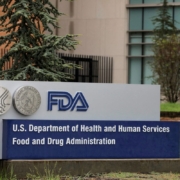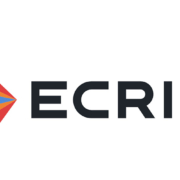Intercept’s Ocaliva in jeopardy as FDA questions efficacy, safety ahead of Adcomm
Intercept’s Ocaliva in jeopardy as FDA questions efficacy, safety ahead of Adcomm
The FDA could pull the accelerated approval for Intercept Pharmaceuticals’ Ocaliva (obeticholic acid) for primary biliary cholangitis, as the agency cites problems with post-marketing data ahead of an advisory committee meeting.
The regulator will convene its Gastrointestinal Drugs Advisory Committee on Friday to discuss the matter.
In the meantime, the FDA’s internal staffers released a briefing document outlining the agency’s concerns regarding Ocaliva. In one of its confirmatory trials, dubbed 747-302, Ocaliva “failed to demonstrate efficacy” on the primary composite endpoint of liver transplantation, death and other liver-related outcomes. The study focused on primary biliary cholangitis (PBC) patients with chronic disease.
The FDA’s analysis of 747-302’s data also showed that Ocaliva led to “unfavorable trends” in liver transplantation and mortality.
An observational cohort study with real-world evidence that Intercept submitted to bolster Ocaliva’s case also “did not demonstrate clinical benefit” compared to PBC patients who were not being treated with Ocaliva.
The third study under contention is another post-marketing confirmatory trial dubbed 747-401, which was designed to evaluate the pharmacokinetic and pharmacodynamic profiles of Ocaliva in PBC patients with Child-Pugh classes B and C. However, while the study was ongoing, the FDA flagged reports of hepatotoxicity associated with Ocaliva, which led to substantial changes in the drug’s boxed warning and safety labels.
“As a result of this regulatory action, Trial 747-401 was terminated because OCA was now contraindicated for the entire study population,” the FDA staffers wrote in the briefing document.




 Reuters
Reuters



